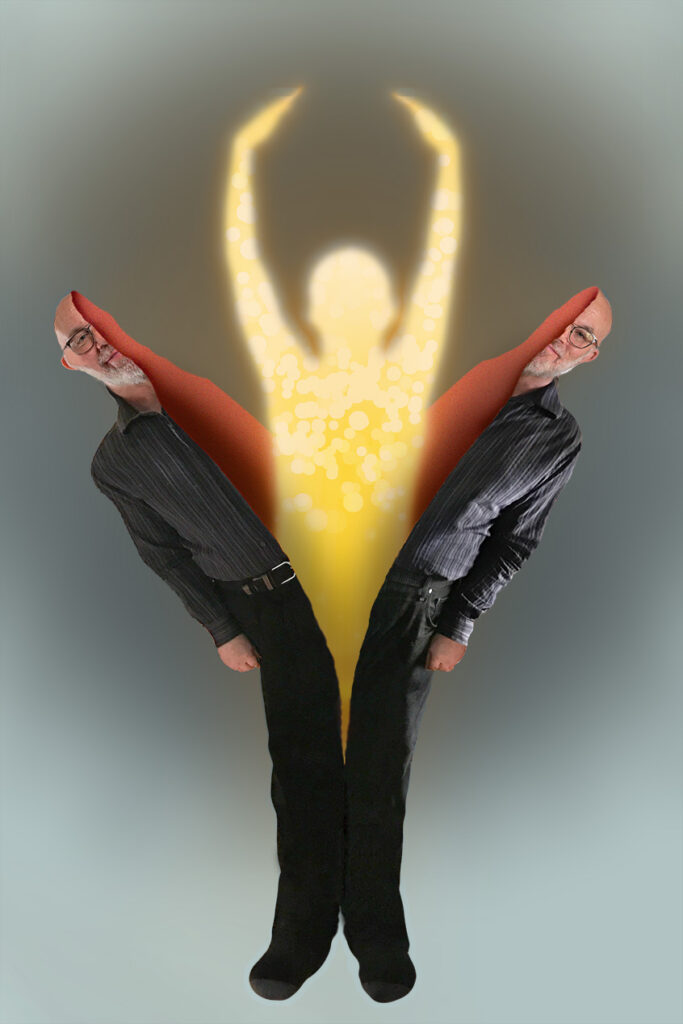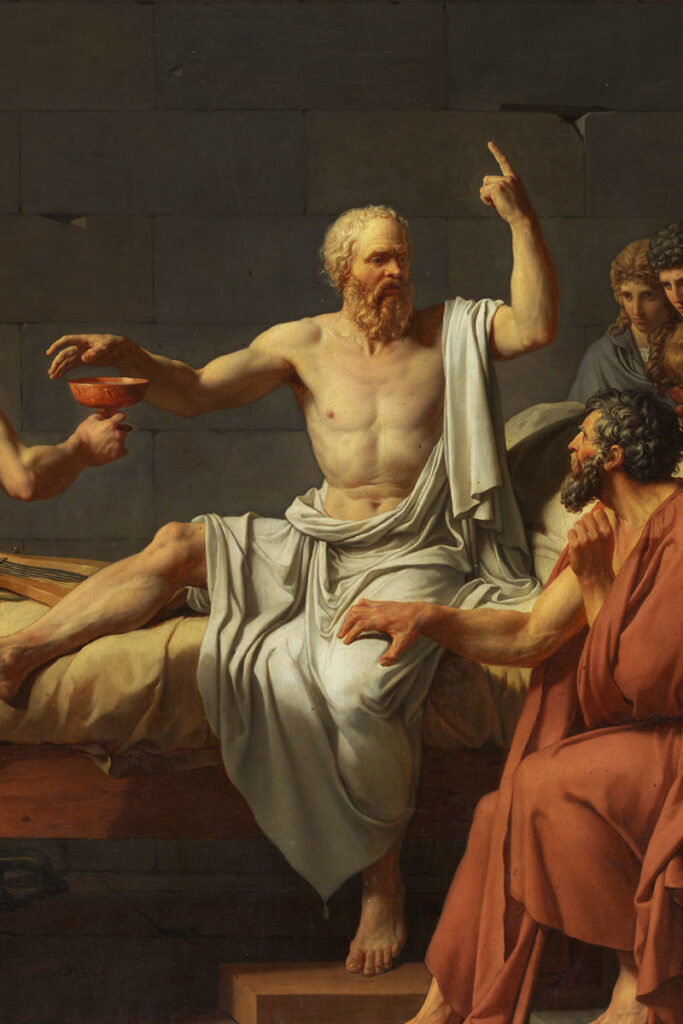Over the centuries, philosophers have attempted to construct irrefutable arguments that prove the existence of God. These arguments have been sorted into various categories: the teleological argument, the cosmological argument, the argument from design, and so on.
My favorite of these attempted proofs is the so-called ontological argument. It essentially goes like this:
God is the greatest of all possible beings.
A being that exists is greater than a being that doesn’t exist.
Therefore, God must exist.
I’ve always loved this argument because it feels like a magic trick: It elegantly and instantly performs a transformation that feels impossible. You know that there’s something shady going on behind the scenes, but you can’t quite figure out what it is.
Well, one thing that makes the trick work is some cleverly camouflaged circular reasoning. If you think about it, the only logical way to find the greatest of all possible beings is to make an inventory of all possible beings and rank them according to greatness. This task is made easier by limiting the inventory to beings that exist, as per the argument’s second premise.
Assuming that one can come up with criteria (beyond mere existence) for evaluating greatness, we just have to look at the scores and see who comes out as #1 in the ranking. If the deity of the Bible actually exists, he or she would be a shoo-in to take the top spot. If not, the top spot would go to some other being. (Who knows? A gas cloud at the edge of the Milky Way? A tree in Pittsburgh?) In other words, the ontological argument for the existence of God only works if you first assume the existence of God.
But it’s also worth taking a look at the second premise. Is it really true that something that exists is greater than something that doesn’t? I’d maintain that there are beings — fleas, or coronaviruses, or Mitch McConnell — whose nonexistence would make the universe better off. There are certainly much worse possible things — such as a godlike, all-powerful but malevolent entity — that are the greater for not existing.
This thought comes up often when I hear my creative friends — writers and musicians and painters — talk about how because they are artists, whatever they produce has value, and that they’re not being fairly compensated for the value of their work. Even apart from financial considerations, they often insist that the mere act of producing something has value. (One Facebook friend recently posted, “I am claiming my space as a creator.”)
I certainly like to believe that anything I bring into existence is greater than something that doesn’t exist. My believing that, however, doesn’t necessarily make it true. I’m a lover of live music, and one of the reasons I host house concerts is to give talented musicians an opportunity to be paid for their work. But I’ve also heard music that’s so badly performed that it makes me wince, in which case I’d say that its existence has negative value. Fair compensation in that case would be for the musicians to pay me to keep listening.
If something I create has value to me, that’s great. But if I’m to call myself an artist, what I create has to have value to others, and I’m in no position to judge whether that’s the case.
When I was a freelance writer/producer/editor/designer, I always had misgivings about taking my clients’ money. If they were going to pay me, I wanted it to be because they were so pleased with my work that they actively wanted to pay me — not just because we had a contract. Of course I always billed the client for the amount we’d agreed to, because I wasn’t in a position not to do so. But I always felt lucky to get the money, rather than feeling entitled to it. Work doesn’t acquire value simply by virtue of existing; it can only have value if it fills a need that would otherwise have gone unmet.





Recent Comments